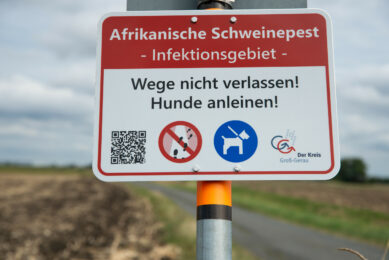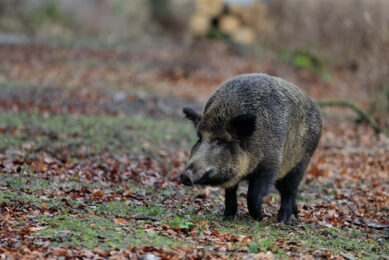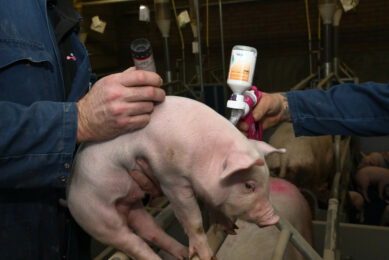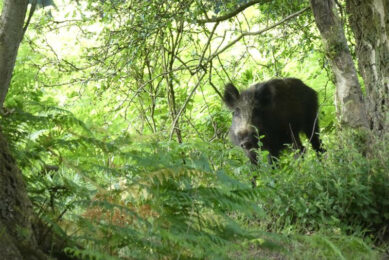ASF Russia: ban on food waste in pig feed
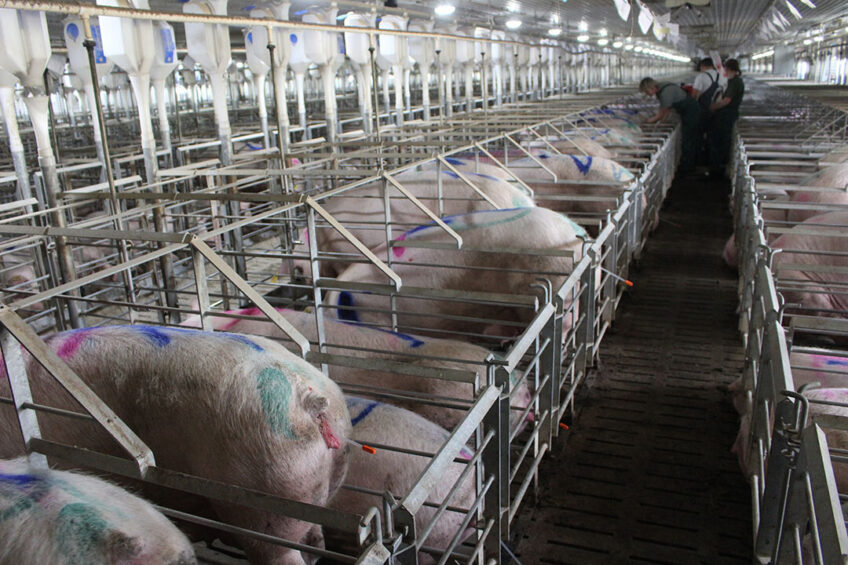
The Russian Agricultural Ministry has prohibited the use of food waste in pig feed production in a recently published veterinary guideline.
The measure is slated to come into force at the first of March 2023. Its aim is to stop the the spread of African Swine Fever (ASF) in Russia. The current rules allow using food waste in pig feed production if it is boiled for at least 30 minutes.
30,000 pigs culled in Russia due to ASF
Since August, nearly 30,000 pigs have been culled in Russia following 3 outbreaks at industrial farms in the European part of the country. The Russian pig industry blames backyard farms for a hike in ASF outbreaks. The industry called on the authorities to consider new restrictions on the individual pig farms.
A right step
The Russian Union of pork producers (RUPP) has spoken in support of the decision, citing veterinary risks backyard farms using food waste pose to industrial farms. “From the point of view of biological safety of large farms, this is the right decision,” said Alexander Dukhovsky, RUPP veterinary council secretary. “At backyard farms, infected products causing various pig diseases could make their way into pig feed. The ASF virus, in particular from an infected animal, gets into the environment when the sick animal dies and its corpse is not buried properly. It can also happen after slaughter, when the meat is sold or given away,” Dukhovsky said.
Technically impossible
On the other hand, it is virtually impossible to instate control over all backyards across the country to make sure they are not feeding pigs with food waste, Dukhovsky said. He added that the government agencies must carry out explanatory work regarding the prevention of ASF among the population and farmers.
Reluctance to cooperate
Backyard farms have been reluctant to cooperate with Russian veterinary officials for the past few years. Some farmers were even trying to hide their pigs even when an outbreak was registered, Dukhovsky said. In addition, farmers consider food waste a better replacement “for chemicals” and say that in the current economic conditions, not every operation has enough money to buy pig feed.
All in all, industrial pig farmers and RUPP have no understanding of how the authorities plan to control the compliance with the new rules at individual pig farms, Dukhovsky said. He expressed hopes that the veterinary officials would not press the citizens too much who breed a few pigs for personal consumption. They simply need the means for their existence.



